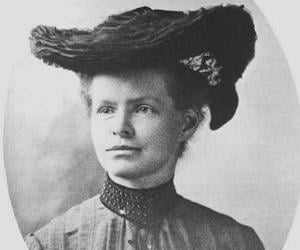
Nettie Stevens was an American geneticist. She is credited with discovering sex chromosomes which later came to be known as the X and Y chromosomes. In 1994, Nettie Stevens was inducted into the National Women's Hall of Fame.
Right IconThis ranking is based on an algorithm that combines various factors, including the votes of our users and search trends on the internet.

Nettie Stevens was an American geneticist. She is credited with discovering sex chromosomes which later came to be known as the X and Y chromosomes. In 1994, Nettie Stevens was inducted into the National Women's Hall of Fame.
Thomas Hunt Morgan was an evolutionary biologist, geneticist, and embryologist. He won the Nobel Prize in Physiology or Medicine in 1933. He worked extensively on the role that the chromosome plays in heredity and demonstrated that genes are carried on chromosomes. In his later career, he established the division of biology at the California Institute of Technology.
Ronald Fisher was a British polymath, statistician, geneticist, mathematician, and academic. He is credited to have single-handedly created the foundations for modern statistical science. He made important contributions to the field of genetics and is known as one of the three principal founders of population genetics. He was elected to the Royal Society in 1929.
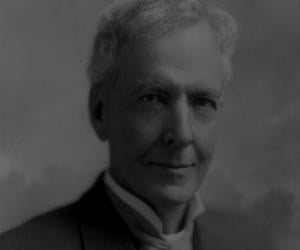
Luther Burbank was an American horticulturist and botanist. A pioneer in agricultural science, Luther Burbank developed over 800 varieties of plants and strains in an illustrious career that spanned 55 years. He is also credited with developing a spineless cactus that served as cattle feed. In 1986, Luther Burbank was made an inductee of the National Inventors Hall of Fame.

Nobel Prize-winning German geneticist Hermann Joseph Muller is best remembered for his work on mutation and the effects of radiation on genes. His contributions include his book The Mechanism of Mendelian Heredity, which is a classic text in the subject. He was named the 1963 Humanist of the Year.
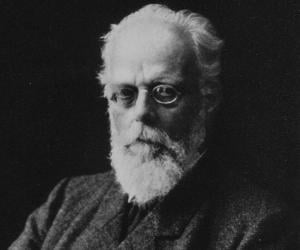
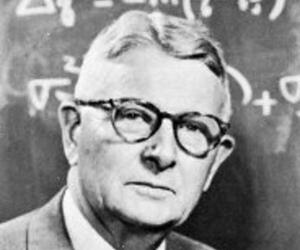

Reginald Punnett was a British geneticist who is credited with creating the Punnett square, which is used by biologists even today to evaluate the probability of genotypes of offspring. He is also credited with co-founding the Journal of Genetics alongside William Bateson in 1910. Reginald Punnett’s book Mendelism is considered by some to be the first textbook on genetics.
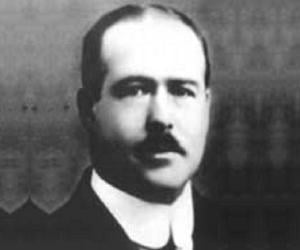
Walter Sutton was an American physician and geneticist best remembered for his Boveri-Sutton chromosome theory, which is widely regarded as one of the most important contributions to present-day biology. Walter Sutton is also credited with improving several medical and surgical practices, such as anesthetic techniques.
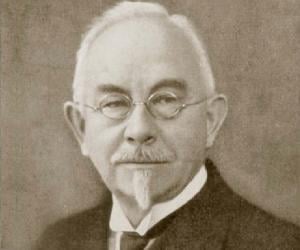
Danish geneticist and botanist Wilhelm Ludvig Johannsen is remembered for his research on plant heredity. Initially a professor, who had also taught plant physiology at the University of Copenhagen, he later focused on research. He is also credited with coining the terms phenotype, genotype, and genes.
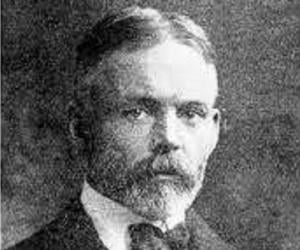
Edmund Beecher Wilson was an American geneticist and zoologist. He is credited with writing a textbook titled The Cell which is widely regarded as one of the most influential and important books in modern biology. Regarded as America's first cell biologist, Wilson is also credited with discovering the XY sex-determination system which is used to classify several mammals, including humans.
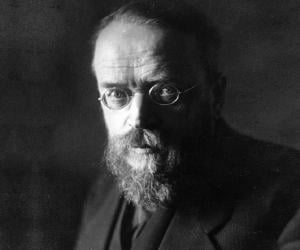
German botanist and geneticist Carl Correns is remembered for re-working on rediscovered Gregor Mendel’s paper on the principles of heredity. He was a student of renowned Swedish botanist Karl Nägeli. Initially a botany instructor at the University of Tübingen, he later became the first director at the Berlin-based Kaiser Wilhelm Institute for Biology.
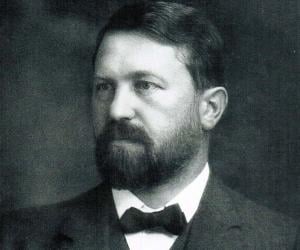
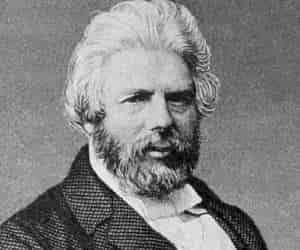

George Harrison Shull gained fame not just as a plant geneticist but also for his pioneering discovery of hybrid corn, or maize. He also coined the term heterosis. He taught at Princeton for 27 years and also established the journal Genetics, serving as its managing editor.
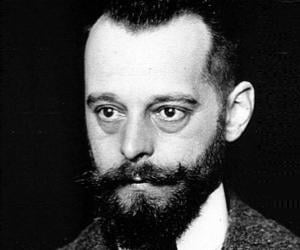
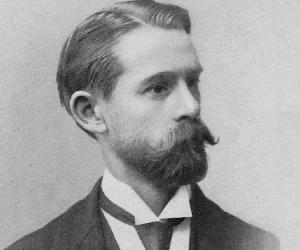
Renowned zoologist and geneticist Herbert Spencer Jennings is best known for his research on microorganisms and the genetic processes in single-celled organisms. The Harvard alumnus had also penned valuable texts such as Behaviour of the Lower Organisms and Life and Death: Heredity and Evolution in Unicellular Organisms.

Known for his contribution to the development of hybrid corn, Edward Murray East was a plant geneticist, botanist and agronomist. Trained as chemist, he soon switched to genetics and began working on corn-breeding experiments, intending to increase its fat and protein content, later writing Inbreeding and Outbreeding with his student Donald F. Jones, introducing the concept of heterosis in it.
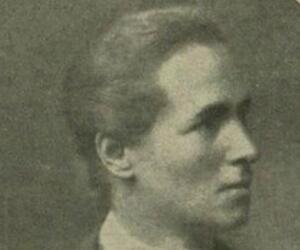
Known especially for her work on trait inheritance in plants, Edith Rebecca Saunders has been described as the mother of British plant genetics. Beginning her career as a botany teacher at Newnham College, she later became the director of the Balfour Biological Laboratory for Women, concurrently continuing with her own research works, publishing series of papers on inheritance in plants.